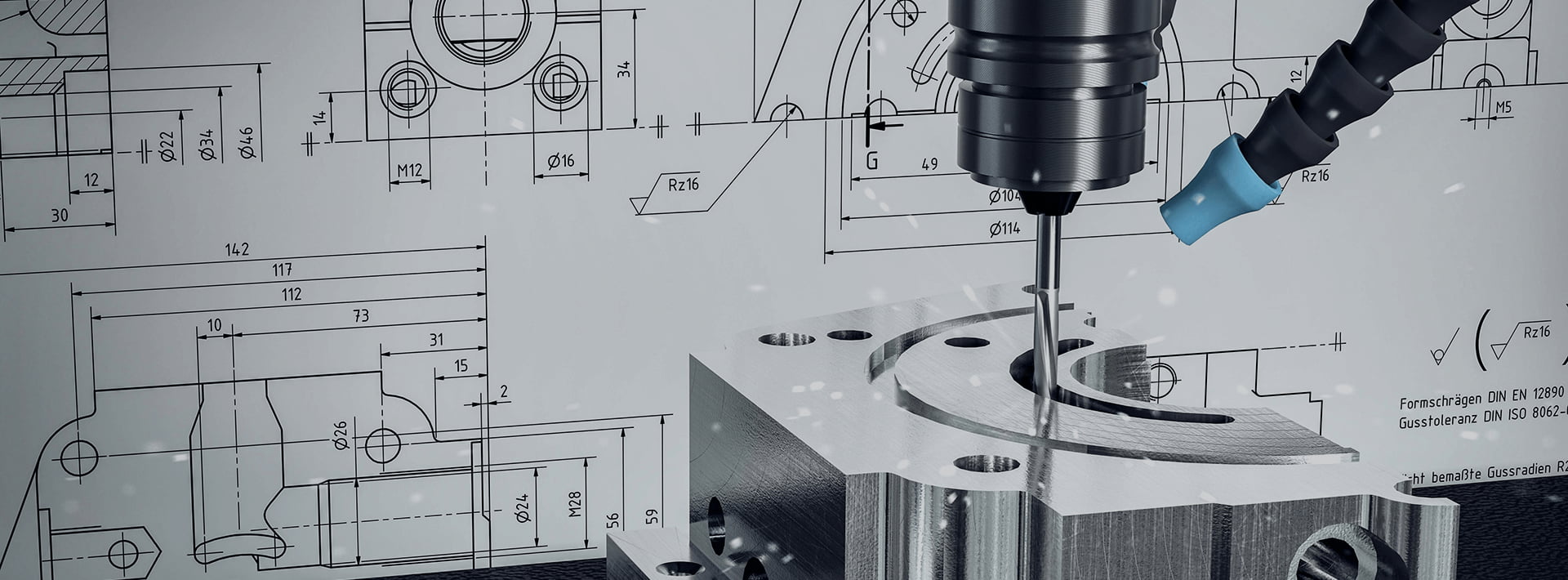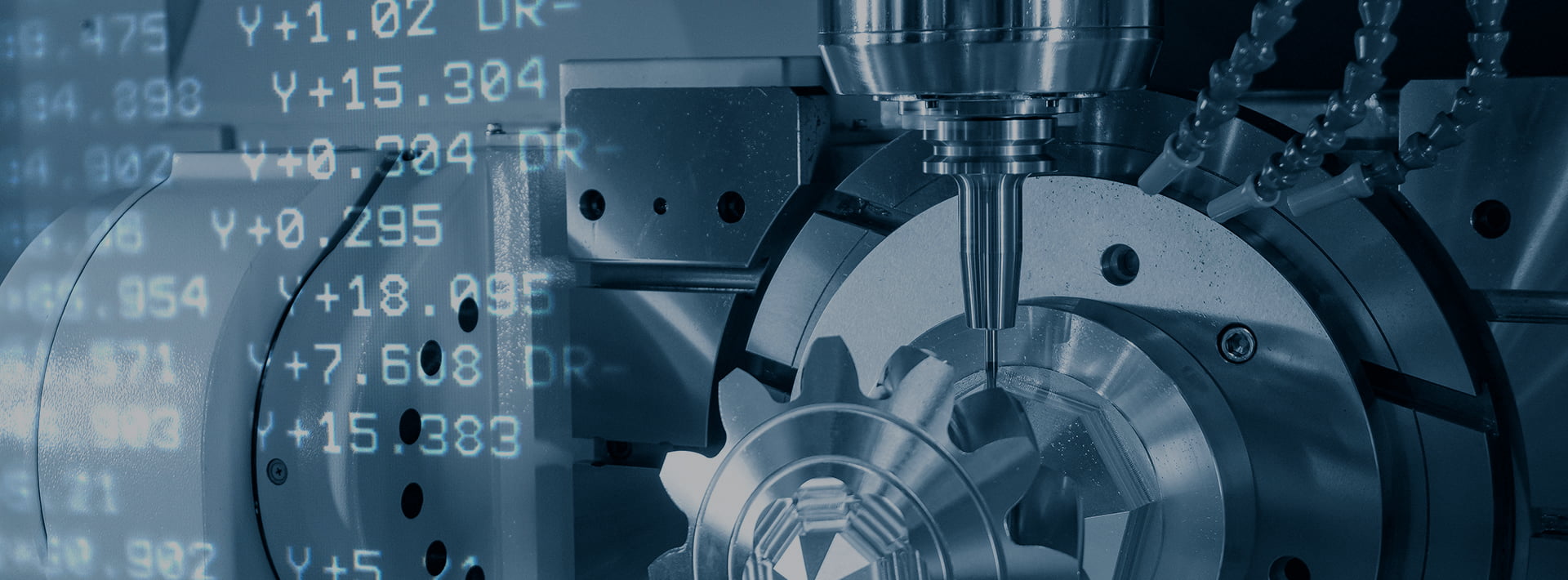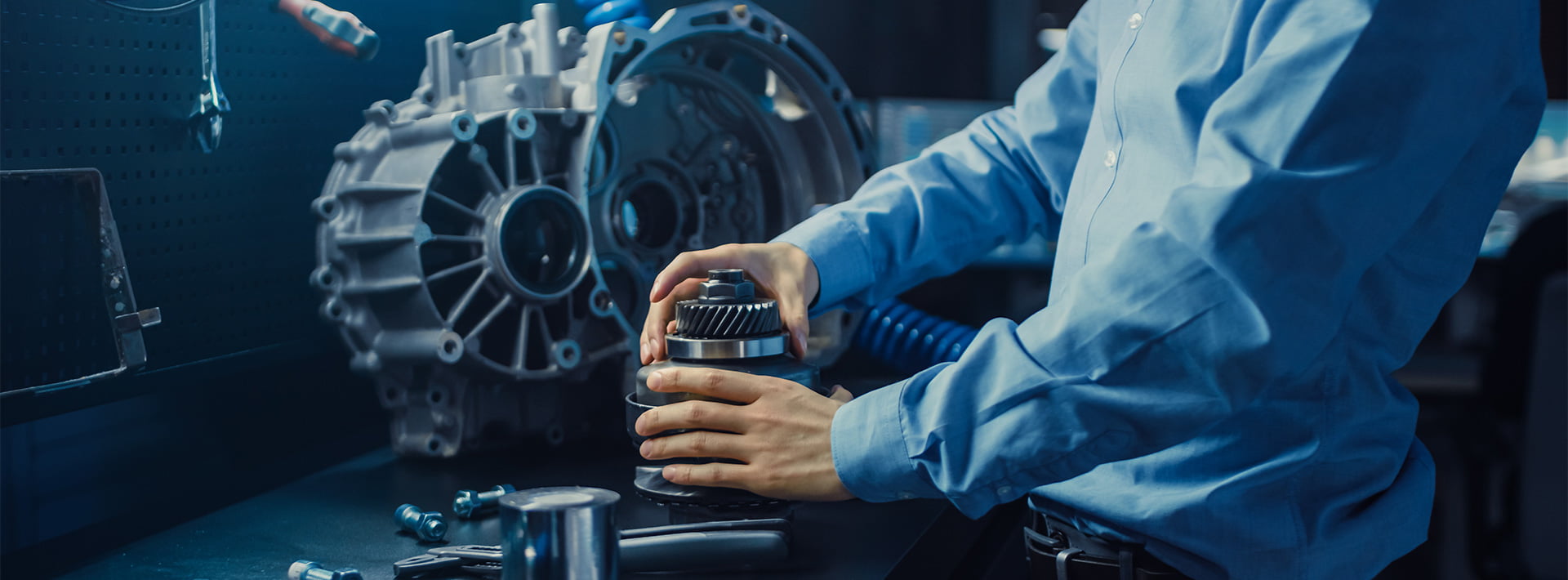-
A: Yes, titanium anodizing is as common as aluminum anodizing. For that, titanium gets dipped in a trisodium phosphate solution. Type 2 and type 3 titanium anodizing are more prevalent. The former is for wear resistance and the latter one for color addition.
-
A: Yes, we can email you with pictures or video frequently.
-
A: Of course, non-disclosure agreement is available.
-
A: Simple or one-sided car parts can be made from many kinds of CNC machines. However, complex items like cylinder heads and blocks generally require expensive 5-axis machining centers. This provides a much larger range of cutting tool angles. It also enables the creation of highly complex geometries with tight tolerances.
-
A: Medical device manufacturing refers to the process of producing equipment, instruments, implants, and other devices used in healthcare settings for diagnosis, treatment, or monitoring of medical conditions.
-
A: We will confirm the certificates required for the product with the customer before customization, and complete all the agreed certifications before the product is delivered, and write it into the contract agreed by both parties.
-
A: We provide lifetime technical support, and our engineers provide 24-hour online technical support.
-
A: Our industrial 3D printing, CNC machining, and injection molding services provide parts made directly from the customer's 3D CAD model, reducing the likelihood of errors. Proprietary software automates toolpath generation to decrease manufacturing times and reduce costs.
-
A: CNC Milling:Rotating cutting tools remove material from a stationary workpiece (multi-axis capability: 3-axis, 4-axis, 5-axis).
CNC Turning:The workpiece rotates while a stationary cutting tool removes material (ideal for cylindrical parts). Often combined with milling (Mill-Turn).
CNC Drilling: Creating precise holes.
CNC Grinding: For high-precision surface finishing and tight tolerances.
-
A: As-Machined:Typical finish straight off the machine. Visible tool marks (Ra ~3.2µm).
Bead Blasting: Matte, uniform texture. Hides minor tool marks.
Polishing: High gloss finish (mechanical or chemical).
Anodizing (Aluminum): Decorative (Type II) or Hardcoat (Type III) , provides color and corrosion resistance.
Plating: Nickel, Chrome, Zinc, etc. for hardness, corrosion resistance, or appearance.
Painting/Powder Coating: Color and protection.
Texturing: Specific patterns (e.g., EDM texture, laser etching).
Reliable One Stop Supplier Of Custom Industrial Components & Assemblies



